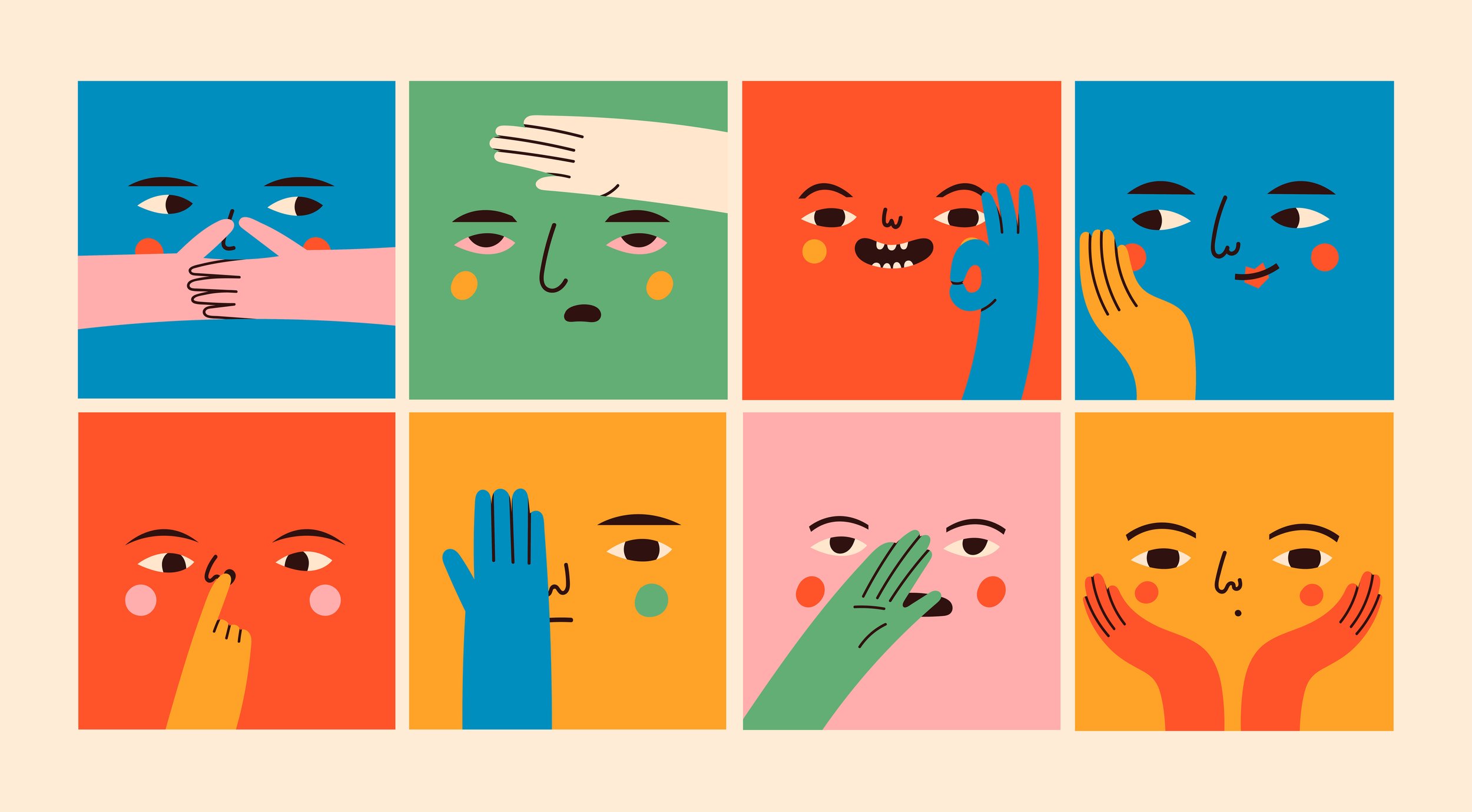Acquired Brain Injury Blog Series: What does psychosocial disability associated with ABI look like?
Alterations in behaviour, mood, personality, and cognitive functioning post-ABI are a significant barrier to psychosocial recovery. Let us examine what these changes look like.
Psychosocial disability in acquired brain injury is known as Neurobehavioral disability (NBD). It is a set of lasting changes in cognitive functioning (in particular executive functions such as attentional, emotional, and behavioural control, memory, motivation and problem-solving), social awareness, and mood, that can occur post-brain injury.
It can act as a significant barrier to independent living, employment, and consistent engagement with disability supports.
Knowing the nature and potential impact of NBD is crucial to realistic goal setting for participants, formulating disability support plans, and setting realistic timelines to achieving such goals.
WHAT NBD LOOKS LIKE
CHANGES IN SOCIAL COGNITION
This refers to the ability to attend to, recognise, interpret, and respond appropriately AND flexibly to social cues that guide social interactions, community participation, employment, and responses to support workers and family members. This includes:
- Awareness of emotions in self and others
-Ability to infer the beliefs, feelings, and intentions of others in order to see their point of view (cognitive empathy) and what they mean when communicating (pragmatic inference).
Psychosocial impact
-Lack of tact and discretion in social interactions. Can appear sexually inappropriate or unmindful of boundaries.
-Appearing socially immature and egocentric that is insensitive to or neglectful of the needs of others.
- Inconsistent or complete lack of emotional affection and relational connection with loved ones.
-Social isolation due to conflict or breakdown of rapport.
AGGRESSION
This refers to difficulties with inhibiting behaviours, appearing brash and impulsive, irritable, and easily triggered.
The uptick in aggression happens due to;
-Reduced ability to initiate or use existing emotion awareness and regulation skills.
-Reduced capacity to monitor behaviour (error awareness) and utilise cues from the environment to regulate behaviour.
Psychosocial impact
-Conflict in relationship with loved ones and instances of family estrangement.
- Instances of being banned from certain shopping centres or shops due to altercations, threatening or demanding behaviours.
-In the context of disability supports, it can prevent participants from being well supported and achieving their goals, often ending up in systems that are ill-equipped to meet their needs such as forensic and secure mental health services.
CHANGES IN AROUSAL, DRIVE, AND MOTIVATION
Arousal reflects a general awareness of sensory stimuli and preparedness to respond which fluctuates during wakefulness or sleep. Arousal deficits are characterised by lethargy and drowsiness.
Drive refers to physiological processes that provide the impetus for behaviour. Drive is also stimulated by the environment. Drive deficits are characterised by apathy, slowness or rigidity in movement, and loss of spontaneous mental processing.
Motivation refers to purposeful behaviour guided by complex cognitive affective factors. Deficits in motivation are characterised by impairment in goal-directed thoughts and behaviours, a loss of interest, indifference to planning or setting goals, plus a lack of effort to achieve simple goals set by others.
Psychosocial impact
-Poor engagement with rehabilitation or disability supports.
-Will often downplay difficulties or not recognise urgency of situations, and not see the need for supports.
-Difficulties in keeping a job and financial loss.
-Reduced hygiene, self-care, apathy towards nutritional or health needs, neglectful of home.
-Poor situational awareness and may not be alert to safety needs or threats in the environment.
ADDRESSING NBD AND FUNCTIONAL IMPACT IN DISABILITY SUPPORT PLANNING
- Get an assessment of NBD: comprehensive and validated tools exist to assess NBD and track progress (or lack of progress) over time.
-Psychologists and OTs can provide help with compensatory cognitive, behavioural, and emotion regulation strategies.
- Carers can be trained in support strategies suited to participants with ABI.
Source: Williams, C., Wood, R. L., Alderman, N., & Worthington, A. (2020). The psychosocial impact of neurobehavioral disability. Frontiers in neurology, 11, 119.
